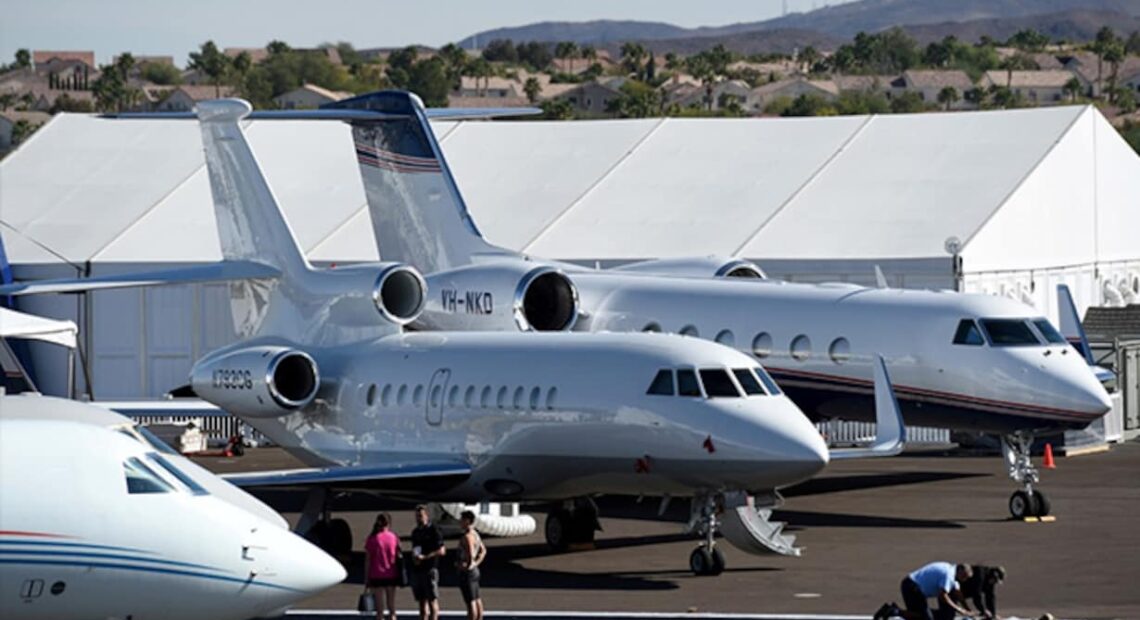India Considering Curbing Import Of Private Jets

According to a document from India’s aviation ministry seen by Bloomberg, the South Asian country has suggested limiting the purchase of private planes and helicopters as it attempts to close a growing trade gap.
The letter dated December 6 noted that turbo jets and any import of aircraft weighing more than 15,000 kilogrammes (33,100 pounds) unladen are also “non-essential” and shouldn’t be brought in from abroad as much as is done presently.
In order to reduce the trade deficit, the government will find ways to “increase exports and restrict a surge of non-essential imports,” according to the document. To develop a plan, the Federation of Indian Chambers of Commerce and Industry, National Aerospace Laboratories, and India’s aviation authority should all be consulted.
Requests for comment from a spokesman for the Ministry of Civil Aviation were not immediately entertained.
The decision may be a setback for plane manufacturers that cater to India’s super-rich. According to accounts in the local media, erstwhile billionaire Anil Ambani owns a Bombardier global express plane, while Ratan Tata, the patriarch of the Tata Group, flies a Dassault Falcon 2000. Mukesh Ambani, Asia’s second-wealthiest person, owns a Boeing business jet. Alternatively, the action might help the government’s intentions to increase aircraft leasing via Gujarat International Finance Tec-International City’s Financial Services Centre (IFSC).
The guidelines also conflict with India’s goal of increasing the use of helicopters in its huge nation, which has very little domestic aircraft manufacture. As previously stated, India is seeking to promote shared ownership of helicopters to make them available to a wider public, according to Aviation Minister Jyotiraditya Scindia. By restricting exports without significantly increasing domestic production of private aircraft and helicopters, Asia’s third-largest economy could suffer.
In October, India’s trade imbalance increased as concerns about an export-detrimental global slowdown increased. The rupee reached a record low in July as a result of the country’s widening trade deficit, which prompted the finance ministry to impose levies on gold.
Picture Courtesy: Google/images are subject to copyright








